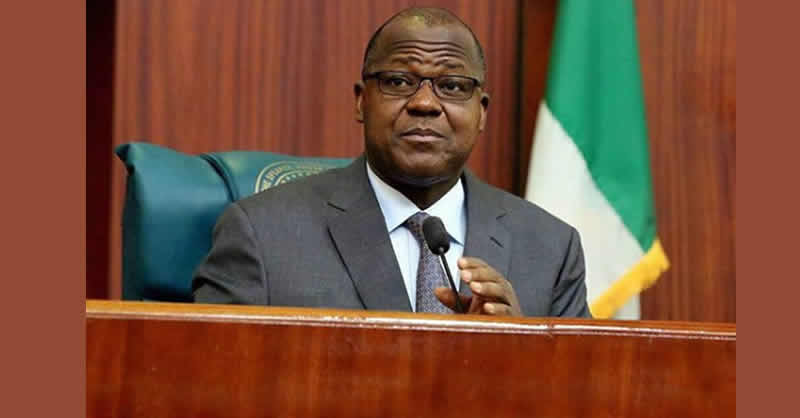At the first-ever legislative open week of the House in Abuja, former Speaker of the House of Representatives, Yakubu Dogara, highlighted the financial struggles faced by lawmakers. Dogara, a chieftain of the Peoples Democratic Party, urged legislators to disclose their finances to counter the widespread belief that they receive exorbitant salaries.
Dogara revealed that during his tenure, his monthly salary was less than N400,000, while his allowance as a presiding officer was N25 million. He emphasized that these earnings are insufficient, lasting only three days due to the high demands placed on legislators.
“While I was Speaker, my salary was less than N400,000. I don’t know if it has been increased now. My total impress was N25 million, and I told my accountant to open a separate account for the impress, and I never for once took any money out of that account. Everything that came into that account was used to cater to the needs of constituents,” Dogara stated.
Dogara shared how his accountant often struggled to meet the financial demands on the impress account, leading to borrowing funds to cover shortfalls. He urged Nigerians to reconsider their perception of lawmakers’ pay and allow them some respite from public scrutiny.
Dogara concluded by acknowledging the high cost of democracy and suggesting the development of a more affordable local model if necessary.
Supporting Dogara’s claims, Deputy Speaker Benjamin Kalu recently remarked that the current salaries of federal lawmakers are inadequate for fulfilling their duties. Kalu argued against the popular call for a 50 percent salary cut, insisting that it is not a viable solution to the existing issues.
Kalu stated, “At the moment, talking about the salary of the National Assembly. I have said this over and again; it is not as much as people think. Salary is different from allowance, which is meant to do the jobs our constituents have sent us to do.”
These revelations from Dogara and Kalu highlight the financial challenges faced by Nigerian lawmakers and call for a reevaluation of their compensation structure.



